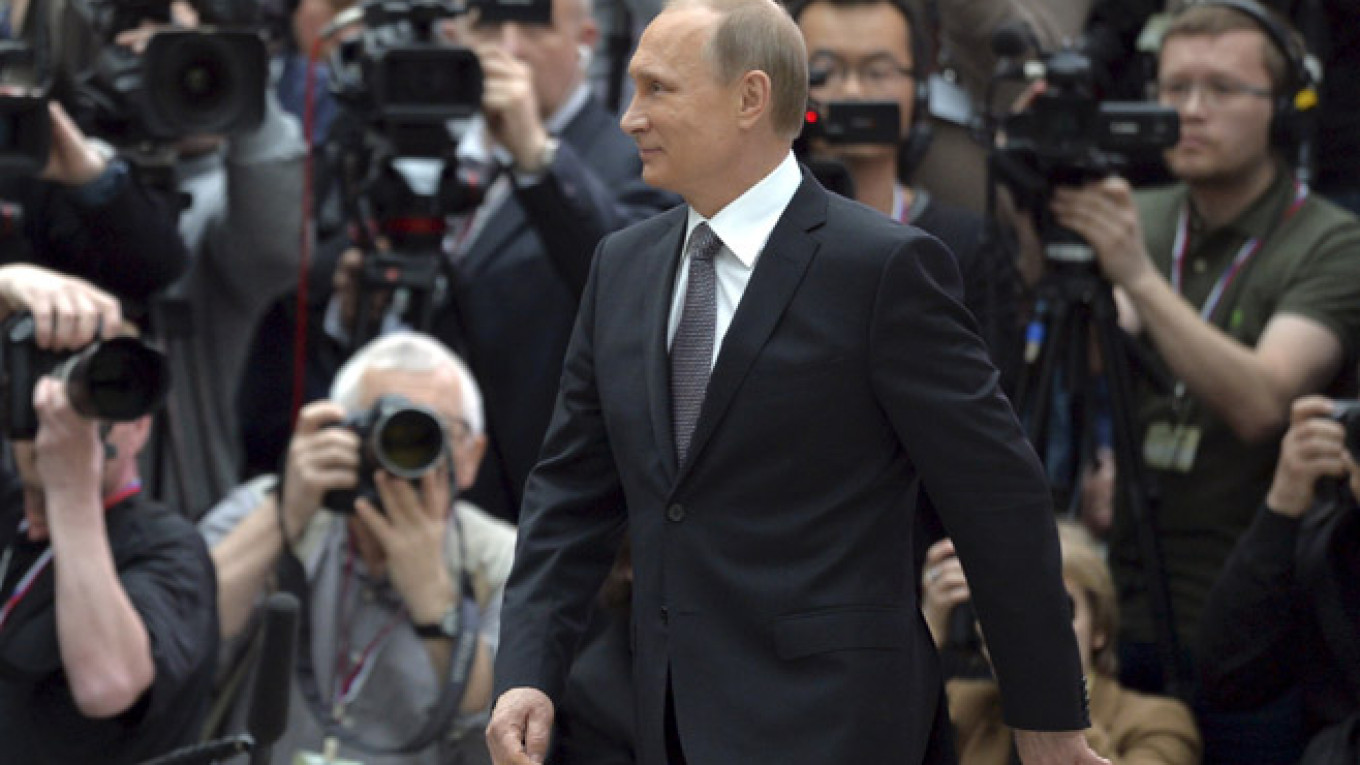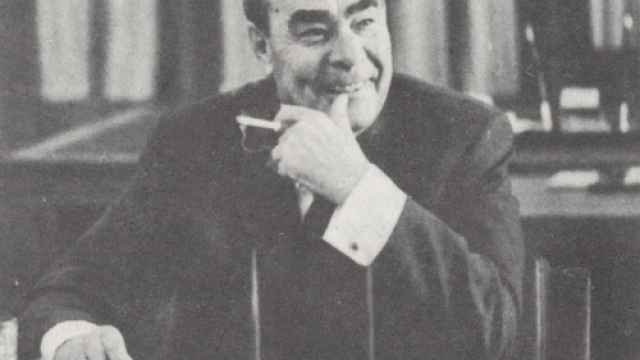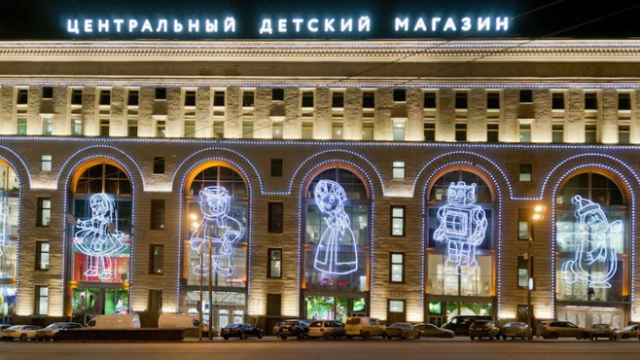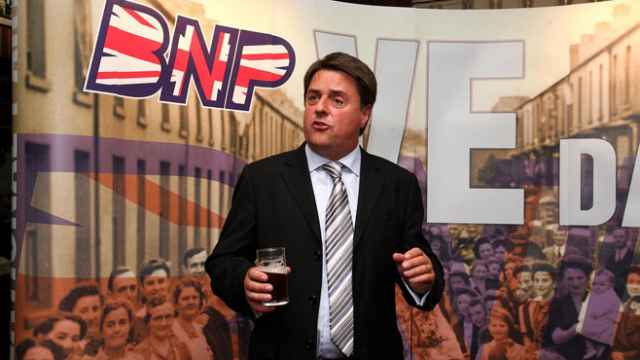I have a copy of the Polish magazine "Wprost" with a cover photo of President Vladimir Putin wearing a Hitler-style mustache. And underneath, in large letters, the caption reads: "Adolf Putin." As a matter of fact, that comparison is becoming rather commonplace these days.
However, I would argue that the two leaders have little in common. A closer look reveals that Putin's Russia has more in common with World War II-era Italian fascism than with German National Socialism.
Consider, for example, the leaders' attitudes toward religion. Hitler barred religion from any role in German life.
There were some minor exceptions, but on the whole, the Nazis viewed religion as a competitor. That applied to both Catholics — many of whom opposed Nazism and were repressed — as well as Protestants — although many German Protestants were attracted to Hitler's anti-Semitism.
By contrast, not only did former Italian dictator Benito Mussolini not persecute the Catholic Church, he even significantly expanded its authority.
Mussolini entrusted clerics with questions of education and family relations, extended government funding to the Church and even made it illegal to offend the religious feelings of believers — exactly as Putin has done today.
Pope Pius XII praised Mussolini in about the same terms as the Moscow Patriarch now praises Putin. And yet, both Mussolini and Putin were die-hard atheists and former Marxists. Both simply decided at some point in their careers that it would be good to use religion for their own purposes.
After all, it was Karl Marx who said that "religion is the opium of the people." So both leaders prescribed a healthy dose of opium for their people.
Consider another topic — corruption. Under Hitler, there was no corruption. Under Mussolini there was. And like in Putin's Russia, corruption in fascist Italy was an important part of the power vertical.
Mussolini declared a full-scale war against the Sicilian mafia in the 1920s, prompting mafia bosses to famously move to the United States. However, Mussolini declared victory over the mafia in 1929, mafia trials stopped and Italian newspapers stopped writing about the mafia.
In fact, the mafia was alive and well in Italy, thriving in the new system under leaders chosen by the previous generation of mobsters.
Similarly, Putin declared a "war on criminals" and called for the "expulsion of oligarchs" in the early 2000s, but immediately after imprisoning former Yukos CEO Mikhail Khodorkovsky, he began building a complex and corrupt system that merged the functions of government officials and mobsters.
Mussolini dreamed of resurrecting the Roman Empire, and began the process by conquering Abyssinia and Albania. Later, in alliance with Hitler, he regained southeastern France and tried to reclaim Greece and North Africa, all the while saying, "We don't need what isn't ours. All of this used to be ours."
Putin's Russia is also bent on restoring an empire, although it is only just starting. Like Mussolini, Putin is an expansionist with his sights set on the past. Hitler's expansionism was focused on the future: he was not restoring "lost" territory, but adding new lands for Germans to occupy.
To see just how uncannily similar Putin's corporate and resolutely anti-liberal state is to Mussolini's, just read the "Doctrine of Fascism" that the Italian dictator wrote for the Italian Encyclopedia of Science, Literature and Arts.
I cannot quote from it here because a court in Ufa ruled in 2010 that the document is extremist and it was subsequently included on the federal list of extremist materials. However, I would not be surprised if Putin keeps it on his nightstand for bedtime reading.
Andrei Malgin is a journalist, literary critic and blogger.
A Message from The Moscow Times:
Dear readers,
We are facing unprecedented challenges. Russia's Prosecutor General's Office has designated The Moscow Times as an "undesirable" organization, criminalizing our work and putting our staff at risk of prosecution. This follows our earlier unjust labeling as a "foreign agent."
These actions are direct attempts to silence independent journalism in Russia. The authorities claim our work "discredits the decisions of the Russian leadership." We see things differently: we strive to provide accurate, unbiased reporting on Russia.
We, the journalists of The Moscow Times, refuse to be silenced. But to continue our work, we need your help.
Your support, no matter how small, makes a world of difference. If you can, please support us monthly starting from just $2. It's quick to set up, and every contribution makes a significant impact.
By supporting The Moscow Times, you're defending open, independent journalism in the face of repression. Thank you for standing with us.
Remind me later.






